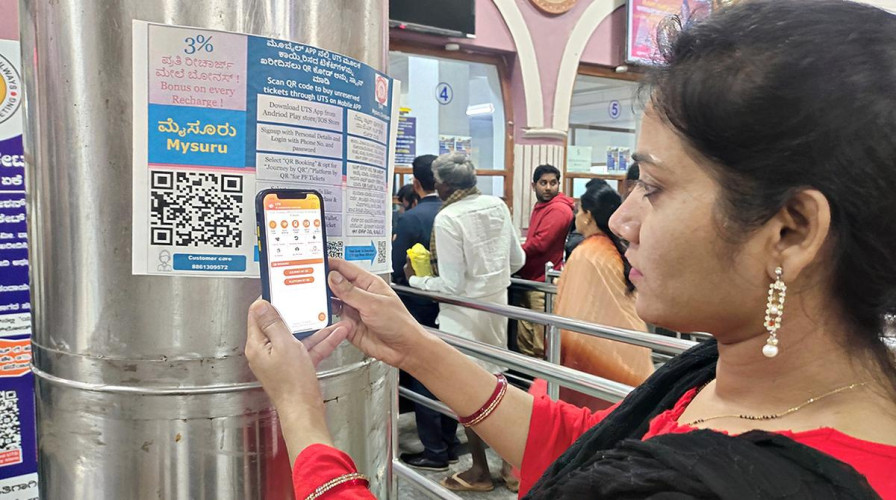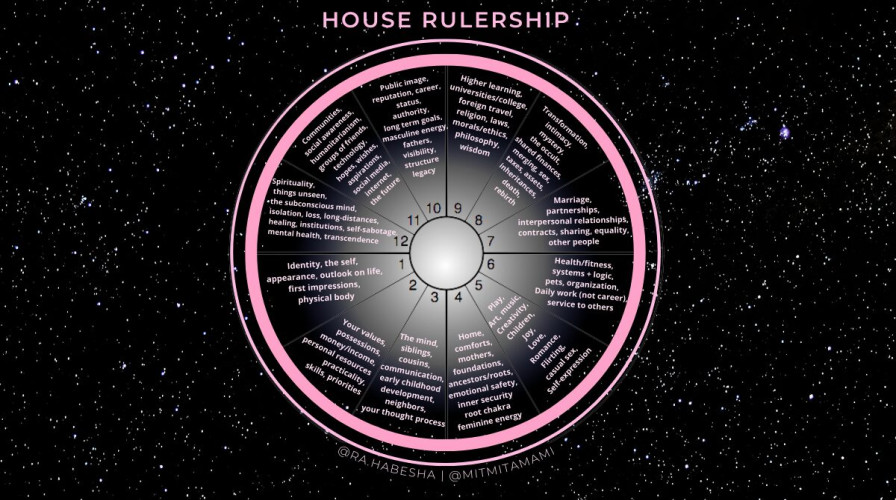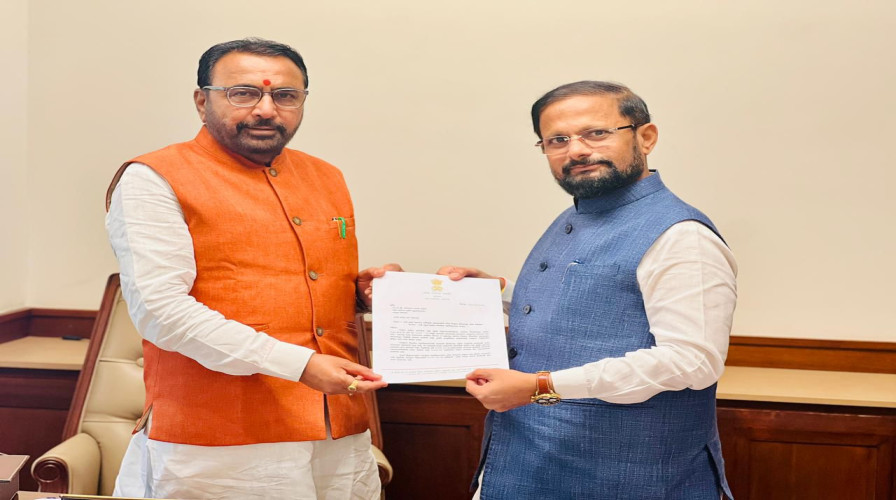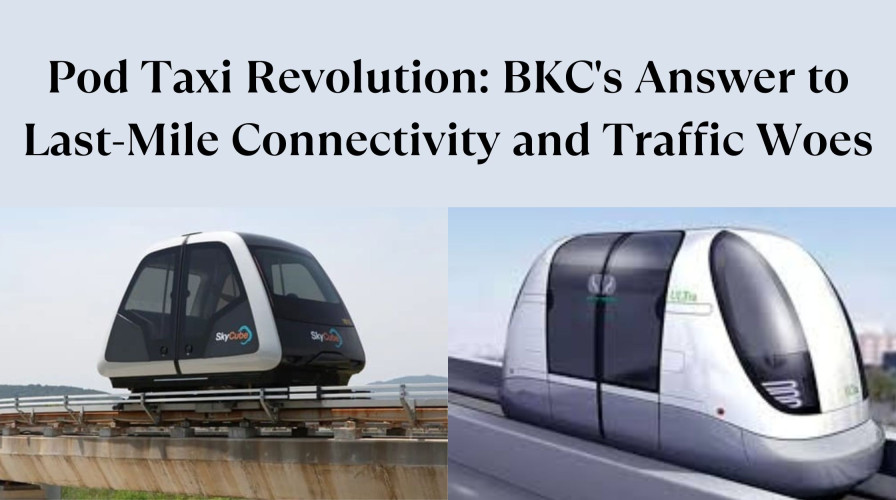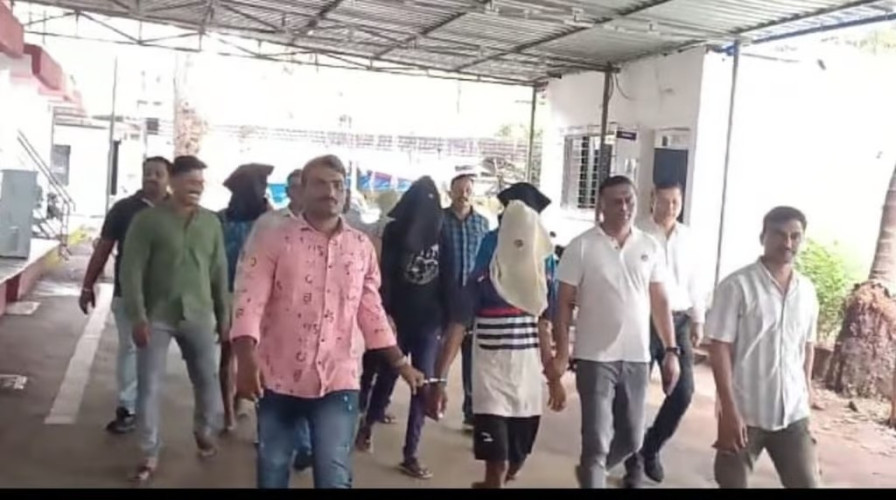Western Railway Staff Encouraged to Promote QR Code Ticketing Amid Low Adoption
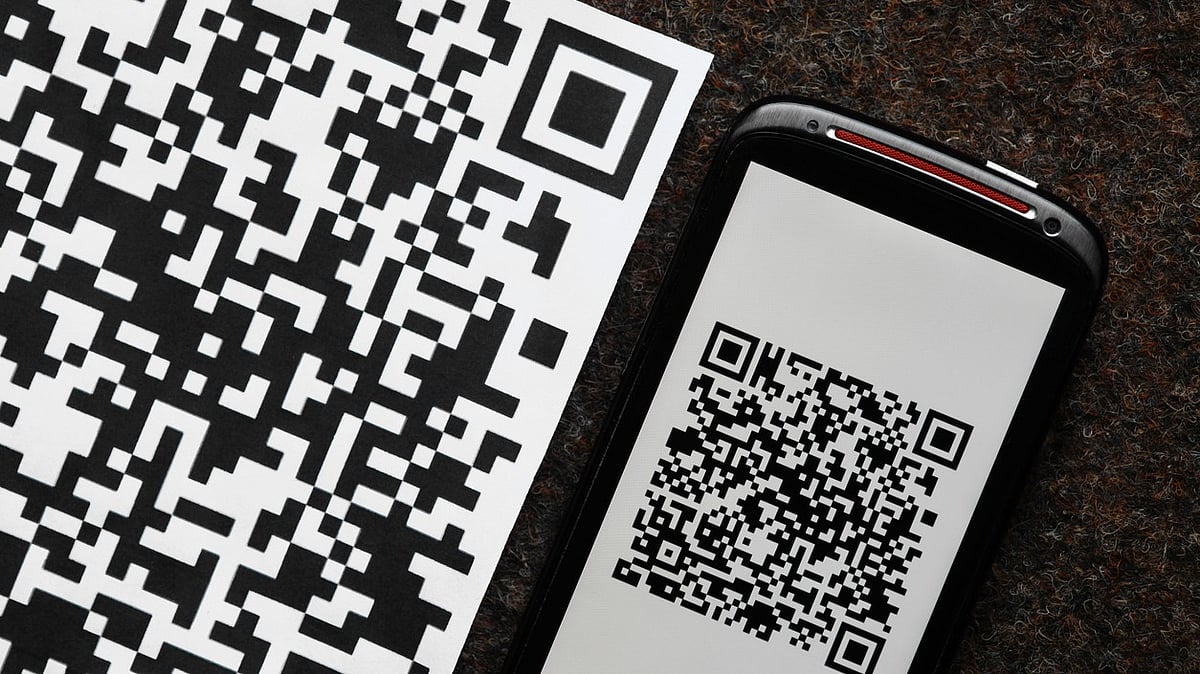
In an effort to boost digital transactions, Western Railway (WR) staff are now under strict instructions to encourage commuters to use QR codes for ticket purchases rather than cash. This initiative follows a lackluster response to the QR code payment option, which was launched on July 25.
Addressing Low Adoption Rates
Despite the introduction of QR codes at ticket counters and the installation of ticketing machines, the uptake has been disappointing. A letter from the railway’s commercial department, dated October 3, highlighted that the percentage of ticket sales through QR codes has remained alarmingly low. The letter urged ticketing staff to promote this digital payment method, especially during peak hours, and set a target for each staff member to issue at least 50 QR code tickets per shift.
Staff Concerns
While the move aims to modernize payment processes, it has sparked frustration among ticketing staff. They argue that the rush of commuters makes it challenging to ask passengers to scan QR codes, especially in a city where people are often in a hurry. K. Verma, a member of the Mumbai Rail Pravasi Sangh, expressed that while the QR code initiative is beneficial, pressuring commuters to adopt it feels unreasonable.

Time Efficiency Issues
Union representatives have pointed out that cash transactions are quicker. They report that staff can issue about three tickets per minute when accepting cash, compared to just one ticket per minute when processing QR code payments. Delays caused by technical issues or internet connectivity problems further complicate the situation, especially during busy periods.
Next Steps
The WR has identified 22 stations, including 13 on the Churchgate-Dahanu suburban rail corridor, where this push for QR code usage will be intensified. Despite the concerns, the railway continues to promote this transition toward digital payments, reflecting a broader trend in public transport modernization.
This ongoing debate emphasizes the challenges of balancing technological advancement with the practical realities faced by both staff and commuters in Mumbai's fast-paced environment.

